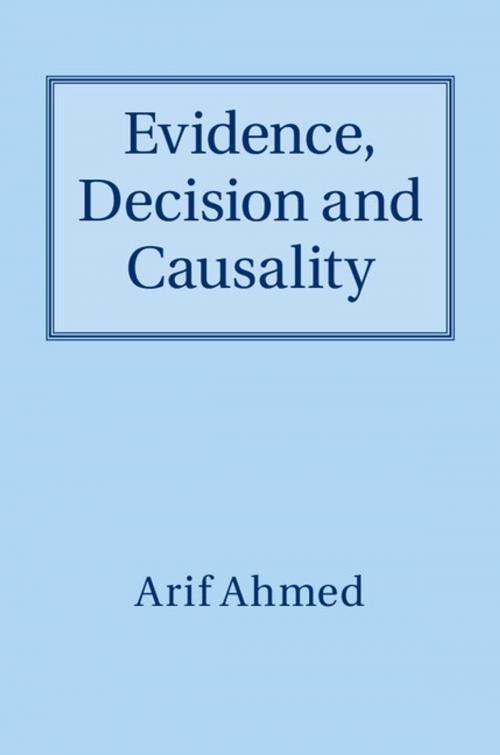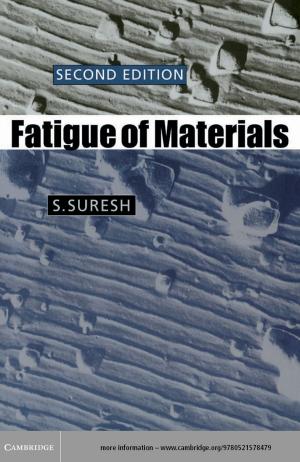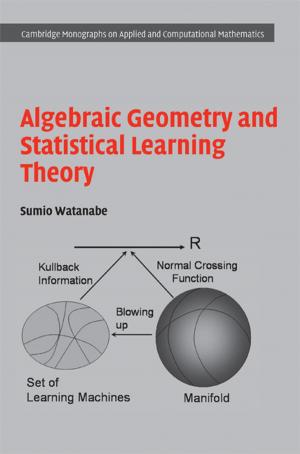Evidence, Decision and Causality
Nonfiction, Science & Nature, Science, Other Sciences, Philosophy & Social Aspects, Reference & Language, Reference| Author: | Arif Ahmed | ISBN: | 9781316053713 |
| Publisher: | Cambridge University Press | Publication: | August 7, 2014 |
| Imprint: | Cambridge University Press | Language: | English |
| Author: | Arif Ahmed |
| ISBN: | 9781316053713 |
| Publisher: | Cambridge University Press |
| Publication: | August 7, 2014 |
| Imprint: | Cambridge University Press |
| Language: | English |
Most philosophers agree that causal knowledge is essential to decision-making: agents should choose from the available options those that probably cause the outcomes that they want. This book argues against this theory and in favour of evidential or Bayesian decision theory, which emphasises the symptomatic value of options over their causal role. It examines a variety of settings, including economic theory, quantum mechanics and philosophical thought-experiments, where causal knowledge seems to make a practical difference. The arguments make novel use of machinery from other areas of philosophical inquiry, including first-person epistemology and the free will debate. The book also illustrates the applicability of decision theory itself to questions about the direction of time and the special epistemic status of agents.
Most philosophers agree that causal knowledge is essential to decision-making: agents should choose from the available options those that probably cause the outcomes that they want. This book argues against this theory and in favour of evidential or Bayesian decision theory, which emphasises the symptomatic value of options over their causal role. It examines a variety of settings, including economic theory, quantum mechanics and philosophical thought-experiments, where causal knowledge seems to make a practical difference. The arguments make novel use of machinery from other areas of philosophical inquiry, including first-person epistemology and the free will debate. The book also illustrates the applicability of decision theory itself to questions about the direction of time and the special epistemic status of agents.















